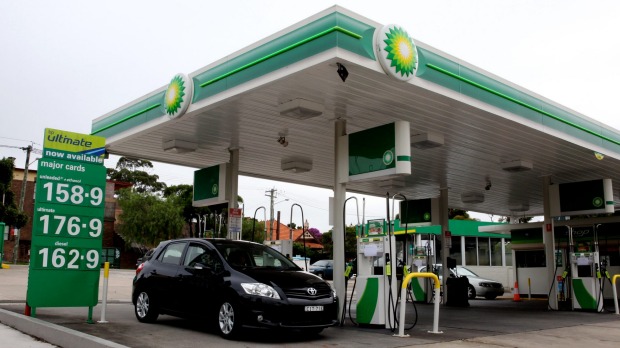
Premium Petrol – Does Your Car Benefit From It?
First of all it is important to note that Premium Petrol is indeed a premium product.
At the service stations in Brisbane and indeed Australia, you can get various grades of petrol easy to judge by it’s percentage of Octane. Right?
Actually, NO.
This is just the beginning of the confusion experienced by us, the poor gullible consumer.
This is in a nutshell what those Octane numbers mean:
All petrol is a combination of various hydrocarbons ranging from Heptane to Decane with difference combinations of carbon and hydrogen molecules.
With me so far?
The numbers given to each petrol (91, 95 and 98 typically here in Australia) are not percentages of anything at all, instead it is a measure of how it “compares” to a PURE mixture of octane and heptane.
The main point all of this comes to, it the higher the number, the harder it is for an engine to have what is known as either “Ping” or “Knock”.
So what is knock?
A combustion engine put simply operates like this: when a piston in a cylinder drops, the chamber is filled with a mixture of petrol and air from the intake. In the process with the other piston chambers operated by the engine’s crank, the piston is forced up again compressing this mixture. When the piston is right at the top and the mixture is compressed as much as it gets, your spark plugs ignite it pushing the piston down again. The chamber expels the spent fuel mixture out through the exhaust to then repeat the process whilst the engine is running.
Knock happens when the compression of the cylinder causes the petrol and air mixture to explode prior to the spark plug.
This knock causes a lot of vibration and is bad for the engine because the piston is sent back down before reaching the end of the cycle.
Each hydrocarbon molecule reacts slightly differently under pressure and the higher the Octane count, the more resistance there is to this unwanted explosion.
So what does this have to do with the car you drive?
MOST modern cars operate with a standard norm of what is known as a compression ratio.
The simple fact is 99% of cars you pass will run completely fine on much lower Octane levels than the minimum 91 brands we see at our local service stations.
So just to recap, you will be led to believe from the petrol companies and refiners that high octane fuel burns better – or cleaner for extra power because it contains more energy.
Realistically the facts is this: The higher the Octane number is, the less likely it is to ignite under a higher pressure.
Only cars that specifically require premium petrol actually need it.
Subaru WRX is one model that comes to mind – and expensive Germans and Italians, but really, if your car doesn’t specify it, or it is not written inside the filling cap, there’s no requirement to use it and you are probably just burning money.





